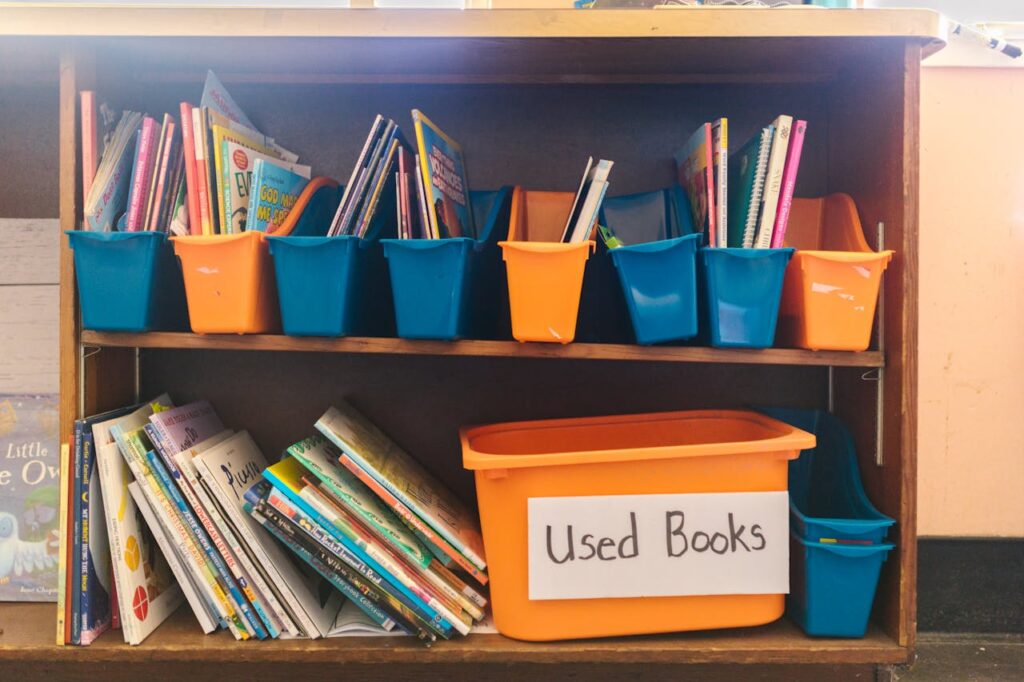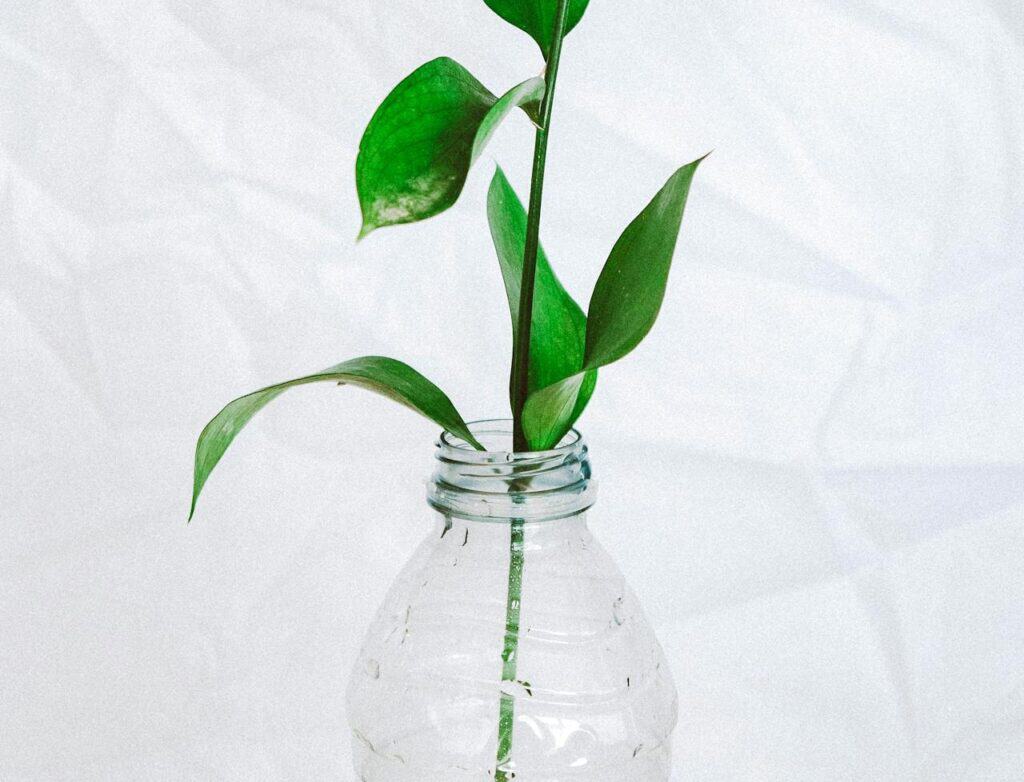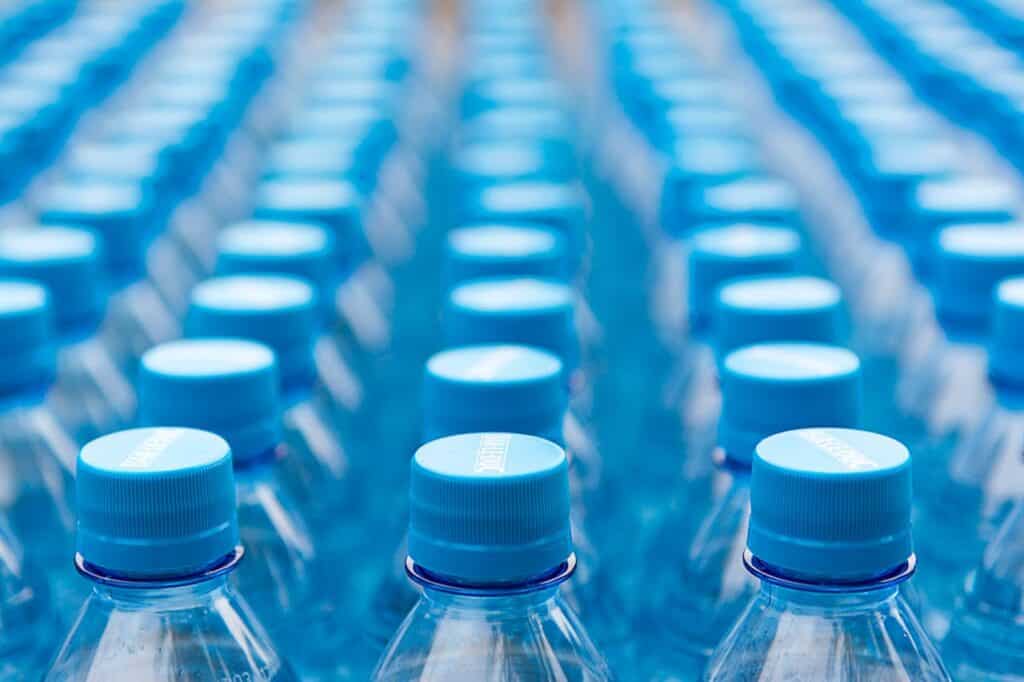An important research project into the recycling possibilities for flexible packaging, Reflex R&D, revealed its findings at the Dusseldorf ‘K Show’ recently.
A staggering 27% of consumer plastic waste in the UK is made up of flexible packaging, which includes carrier bags, sweet wrappers and food pouches, amongst more. Due to the multiple difficulties that occur when trying to recycle these materials, they are often ignored in the recycling process and sent straight to landfill, where they do… nothing. They do not decompose, and will never be useful again.
Better than allowing this to happen, Reflex R&D set to work over the course of two years to find ways in which they could make more opportunities for flexible packaging recycling. They were pleased to announce that “attractive yields of recycled materials could be achieved” through a variety of techniques, including packaging design changes, digital watermarking and an improved infrared recycling system.
An end to PVC?
Boxes, crates and drainpipes could, in future, come to be made from the materials recycled from flexible packaging, which may put an end to the use of PVC which is often used for these project. PVC includes a chloride component that makes it difficult to recycle and poisonous when burned.
It comes as no surprise that technology is the key to improving recycling rates around the world. This is especially the case for plastic bags, which are a pandemic, to the point that some countries have banned them outright and others have made people pay for the right to use them, in an attempt to reduce their usage. The bags are often caught up in the teeth of recycling machinery and slow down the entire process, which is seen as more damaging that sending them to landfill.
Another alternative is waste to energy, but it has been agreed by the environmental community that the amount of energy recovered from burning plastic is minimal, and almost a pointless activity. Reduction of usage and viable recycling routes are the two most popular options, but they will not happen overnight.
A big change to flexible packaging treatments?
To implement the results of the project, it makes sense that some of the world’s largest packaging manufacturers much be the first to jump on board and make changes. This will encourage others through the supply chain to rethink their designs. The model for recycling flexible packaging is not sustainable as it stands, and so any changes will likely be welcome by the community as a whole, as long as they are economically viable.








